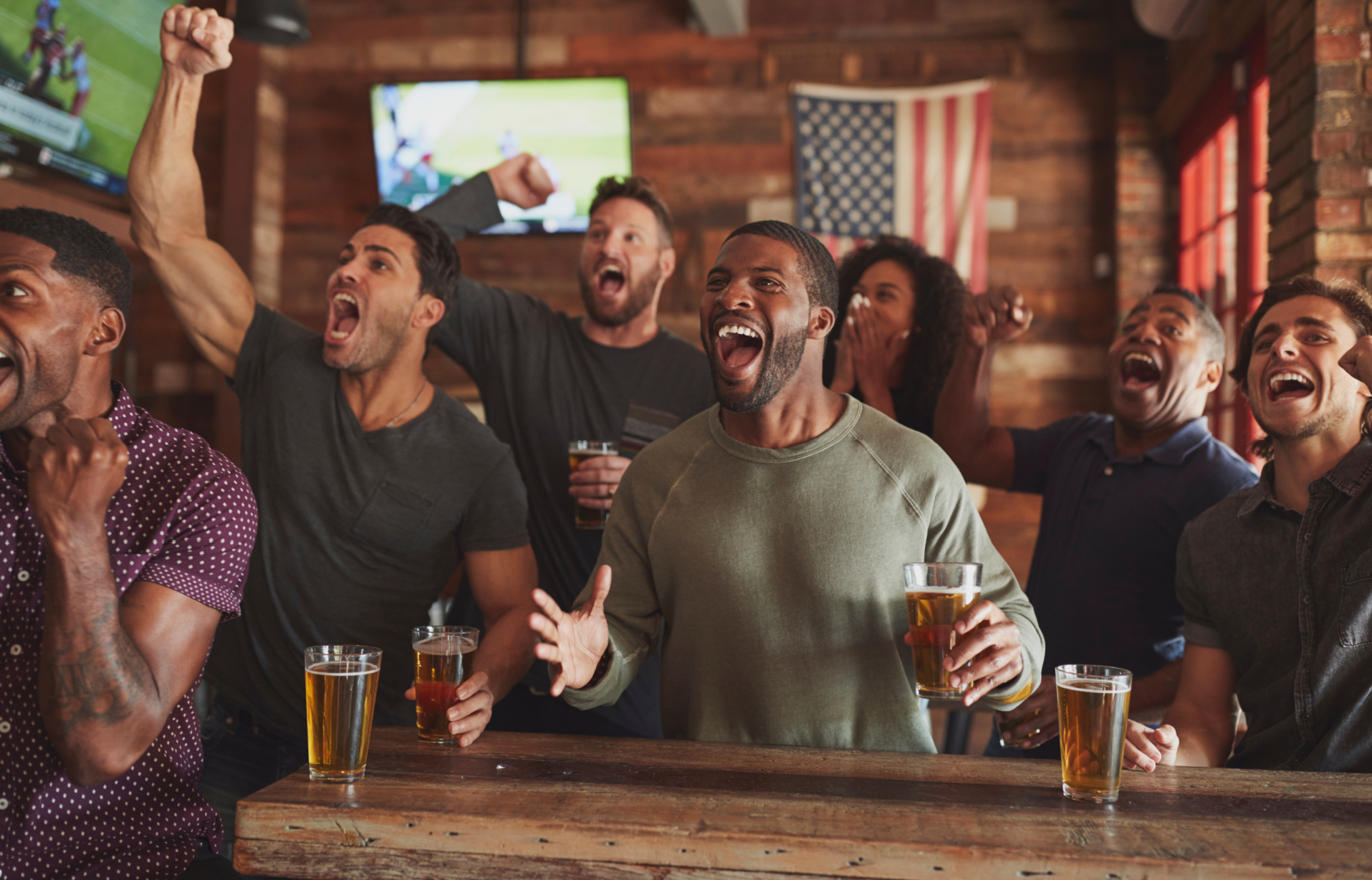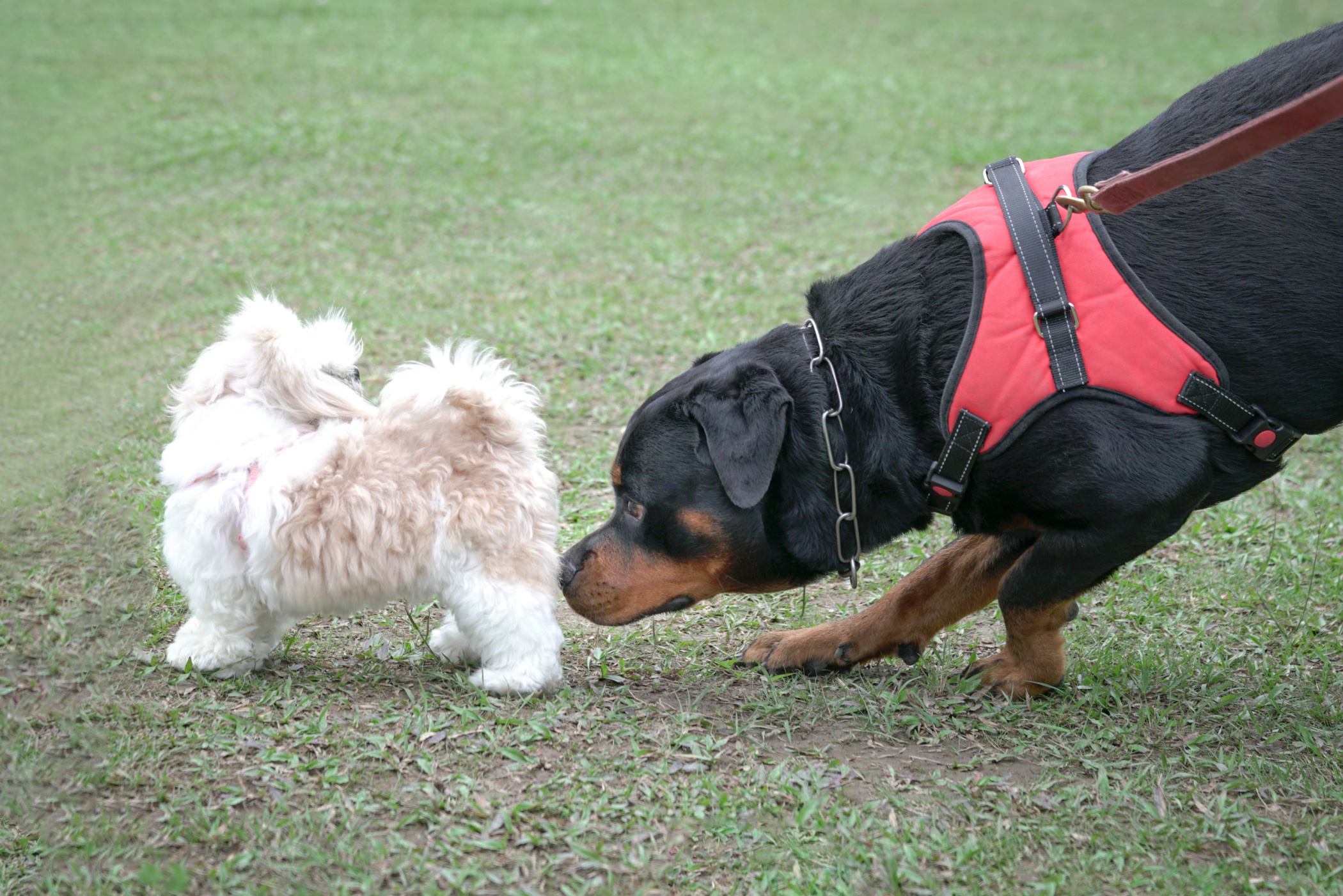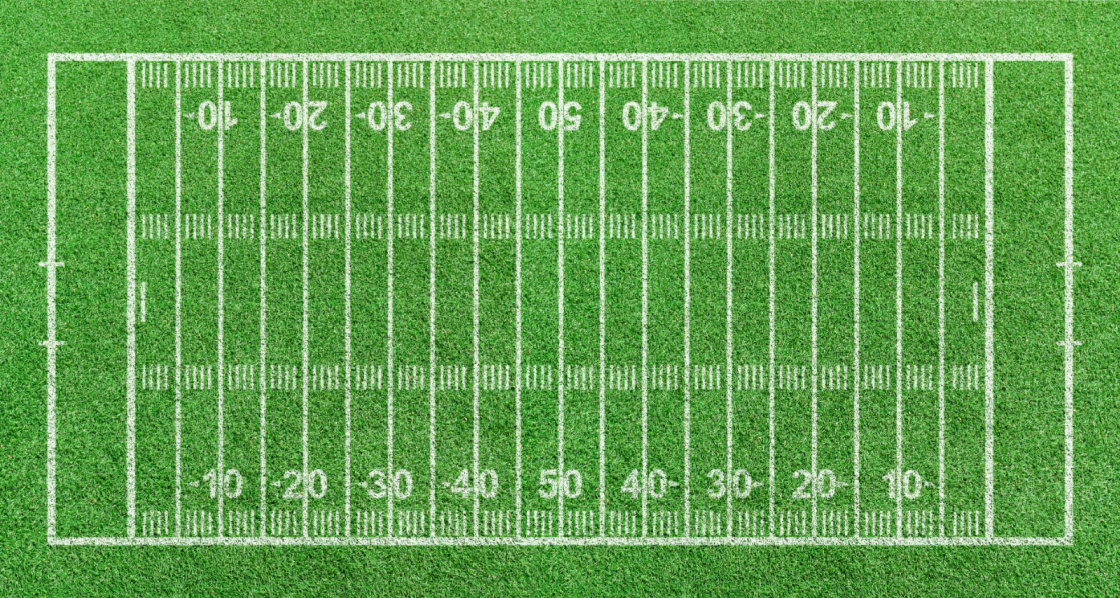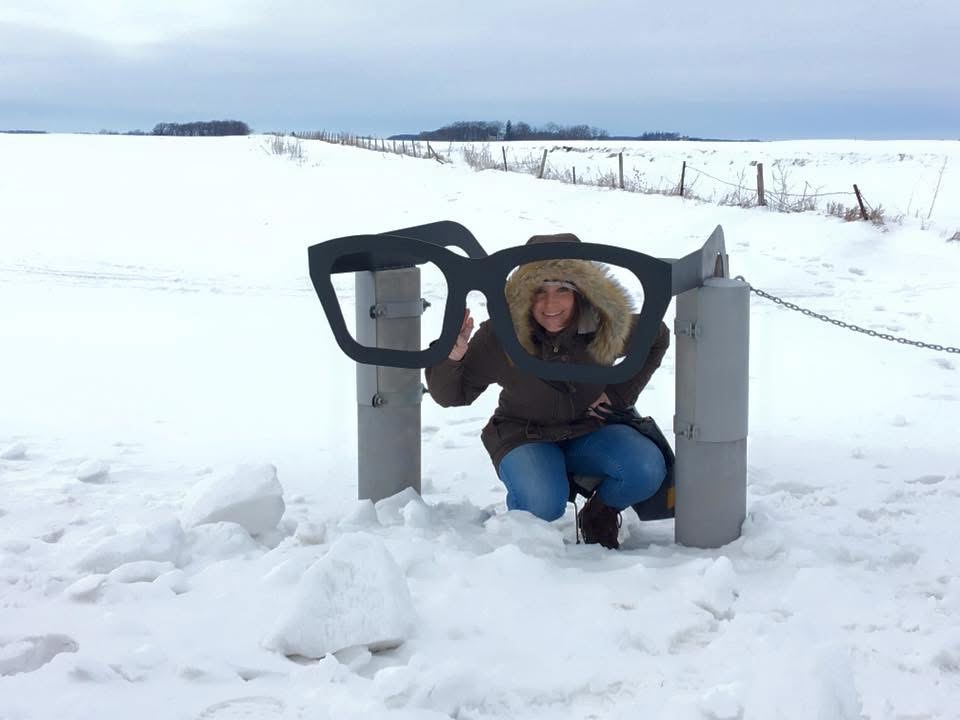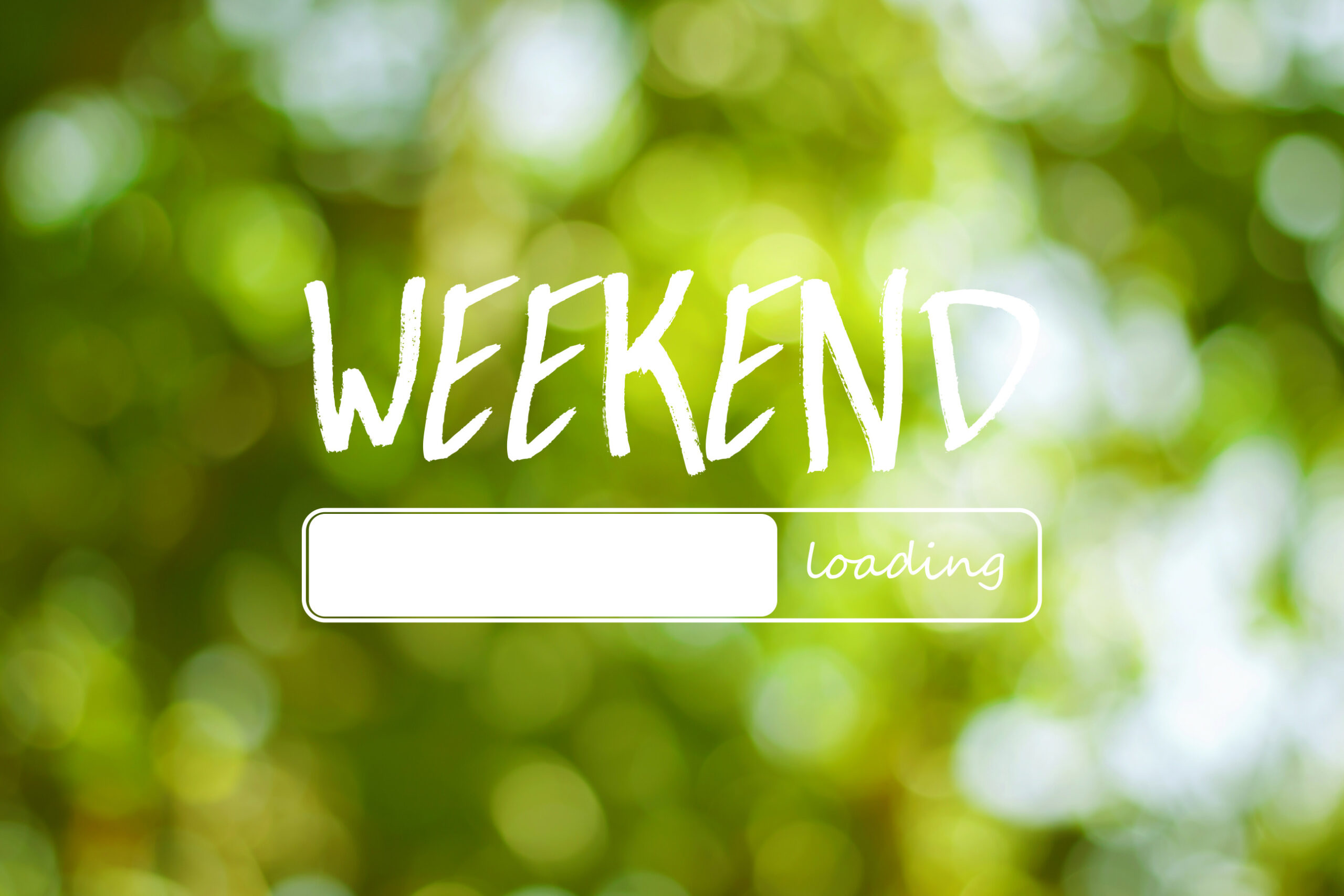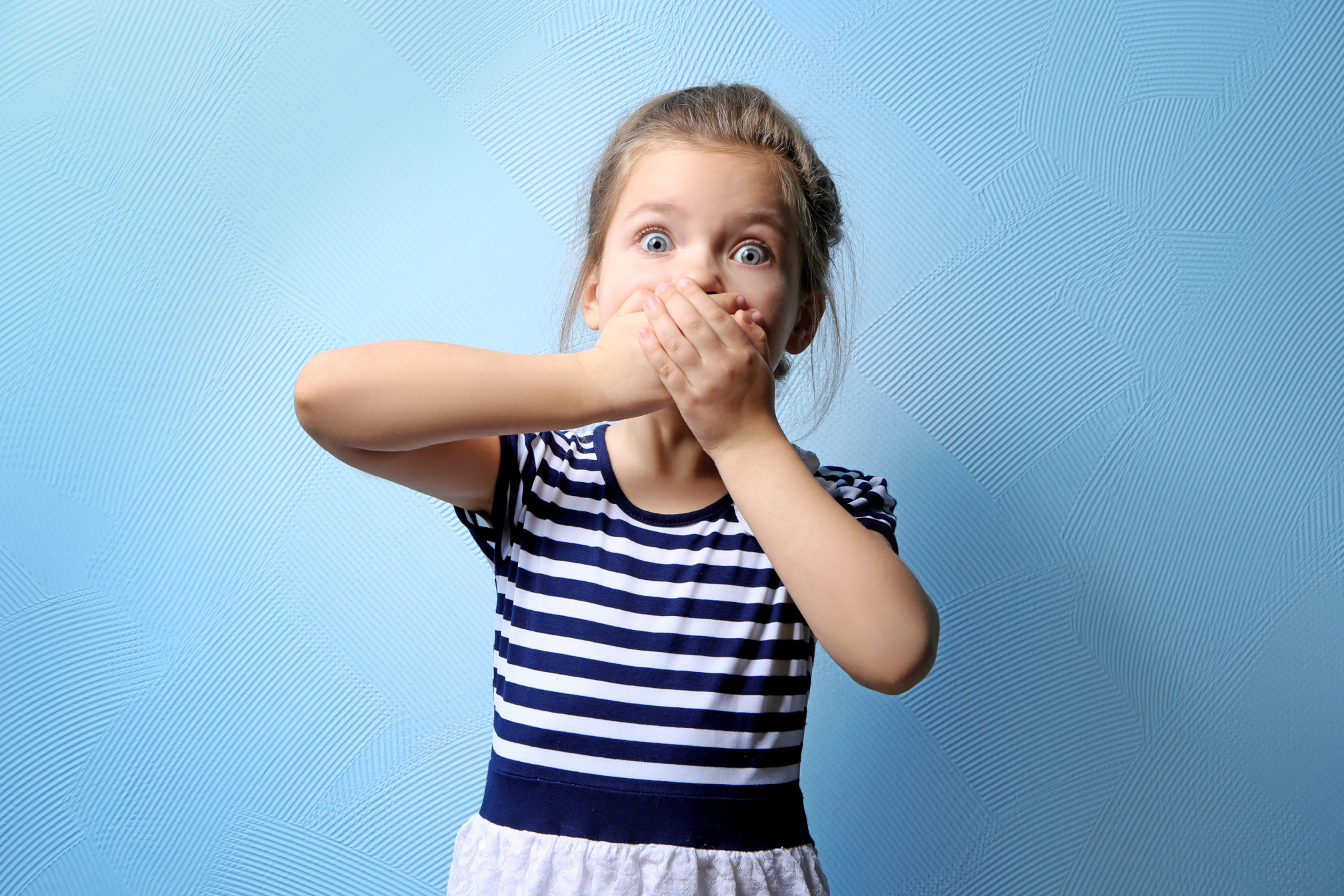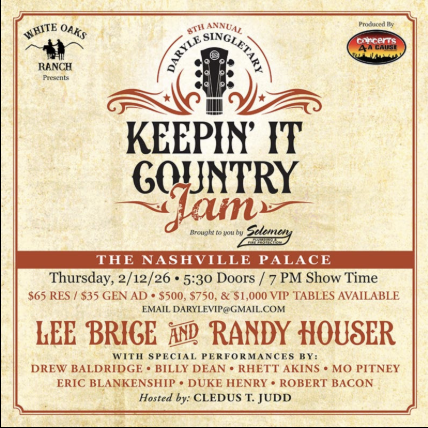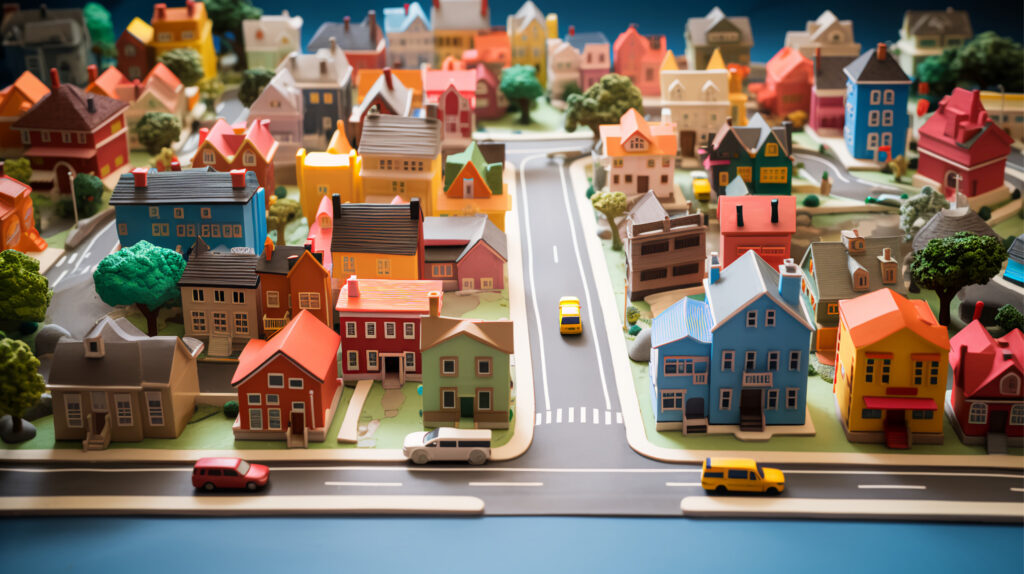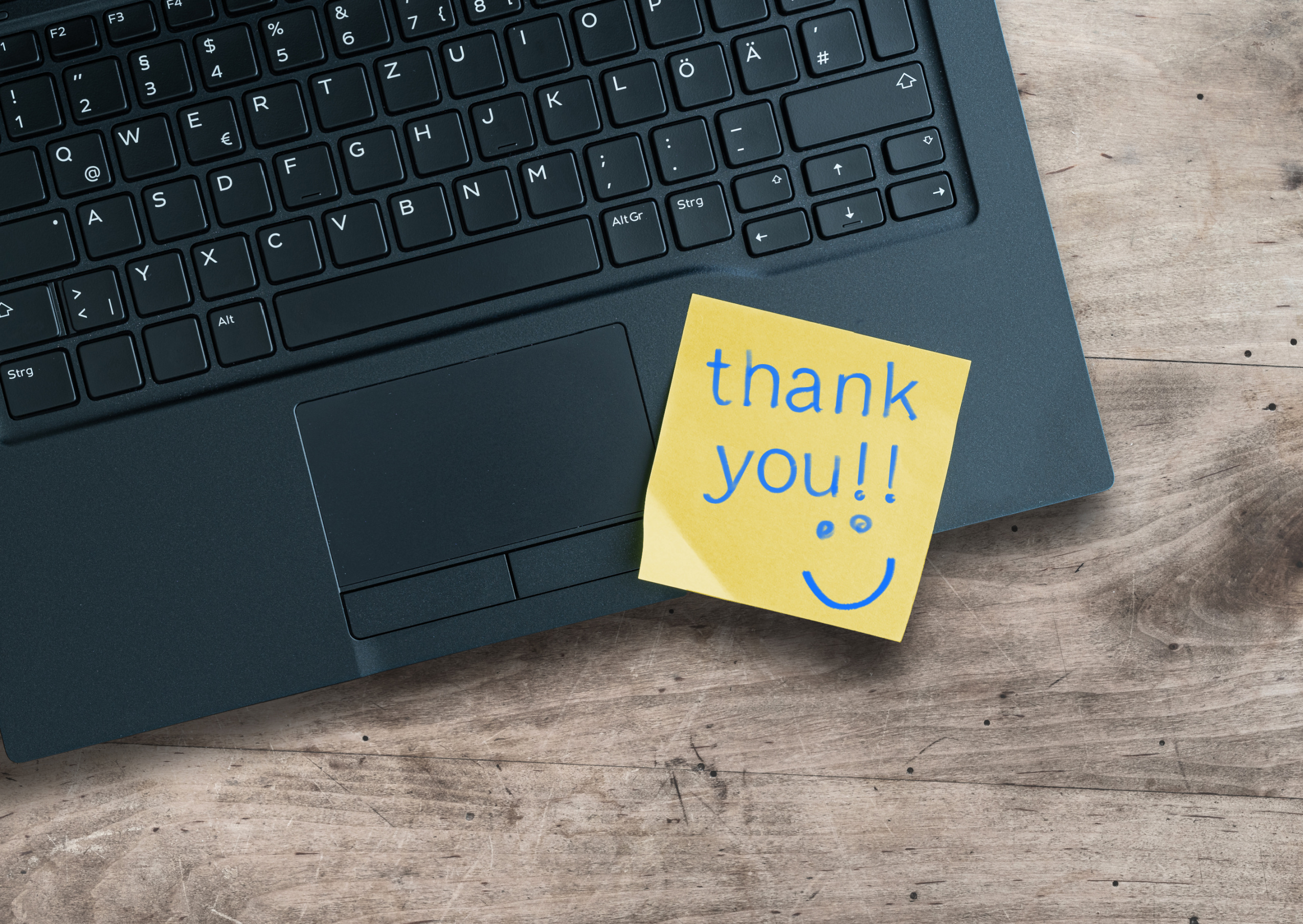
We live in a world where time moves faster than most of us can keep up with. We tap our phones instead of talking, order coffee without ever looking up, and move from one place to the next with earbuds in and eyes down. Somewhere in all this busyness, we’ve started losing two of the most important words in our vocabulary — thank you.
It seems so simple. Two syllables. But “thank you” is one of the purest forms of acknowledgment and civility we have. It tells someone, “I see you.” It bridges the invisible space between strangers. It’s a moment of connection — brief, but meaningful — that reminds us we share this world together.
The Lost Art of Gratitude in Everyday Life
Think about how often we rush through interactions that once carried a natural “thank you.” The driver who stops to let us cross the street. The barista who slides the cup across the counter with a smile. The stranger who holds the door just a moment longer so it doesn’t close on us. These small gestures deserve more than a nod or a glance — they deserve gratitude.
Saying thank you isn’t about politeness for politeness’ sake. It’s about respect. It’s about acknowledging the humanity in someone else’s small act of kindness. Because gratitude, at its core, isn’t transactional. It’s relational. When someone gives you that extra second, that bit of effort, that moment of thoughtfulness — it’s worth recognizing.
A Society That Forgets to Say Thanks
When we stop saying thank you, something subtle but serious starts to happen. The social glue that keeps our communities civil begins to loosen. Courtesy fades, and entitlement grows in its place. Suddenly, kindness feels less like a shared norm and more like an exception.
We’ve all seen it — the person who walks through a door without acknowledging the one holding it, or the driver who doesn’t wave after someone lets them merge. Those small moments of disregard chip away at the culture of courtesy that makes living together bearable. Saying thank you may not solve the world’s problems, but it sure helps keep us from creating new ones.
Gratitude as a Civic Habit
“Living civics” isn’t just about laws or government — it’s about how we live together. Every time we say thank you, we’re exercising a civic muscle. We’re reinforcing the idea that respect isn’t owed to titles or positions; it’s owed to people.
Imagine a society where gratitude was second nature again — where we waved to our mail carriers, thanked the grocery clerks, and appreciated the neighbor who brought our trash cans in. Gratitude ripples outward. It doesn’t end with the words. It changes the way we treat others, and in turn, how they treat us.
The Domino Effect of a Simple Gesture
One of the most beautiful things about saying thank you is that it’s contagious. When we express gratitude, we often inspire it in others. The person you thank today might be more inclined to thank someone else tomorrow. It costs nothing but can change someone’s entire outlook.
Think about that moment when someone does hold the door — you say thank you, they smile, and both of you walk away feeling just a little better. That’s community in motion. That’s civility in practice.
Gratitude Reconnects Us
We talk a lot about feeling divided as a nation, but the path back to unity may start with something as small as kindness and gratitude. Saying thank you breaks through the noise of judgment, politics, and distraction. It’s a universal language everyone understands.
It’s also humbling. Saying thank you reminds us that we rely on others — the cashier, the teacher, the janitor, the delivery driver. Gratitude restores balance to relationships that modern life too often reduces to transactions.
The Challenge: Be the One Who Says It
So here’s a challenge for the week ahead: say thank you more often — and mean it. Say it when someone holds the elevator, when a coworker answers your question, when a stranger steps aside on the sidewalk. Don’t let a moment of kindness pass without acknowledgment.
Civility doesn’t come from grand gestures. It starts in the simplest exchanges — at crosswalks, coffee counters, and doorways. Saying thank you won’t fix everything wrong in the world, but it will make your corner of it better.
And maybe, if enough of us start doing that again, the world won’t seem quite so rushed, divided, or impersonal. It will feel a little more human.
RECENT
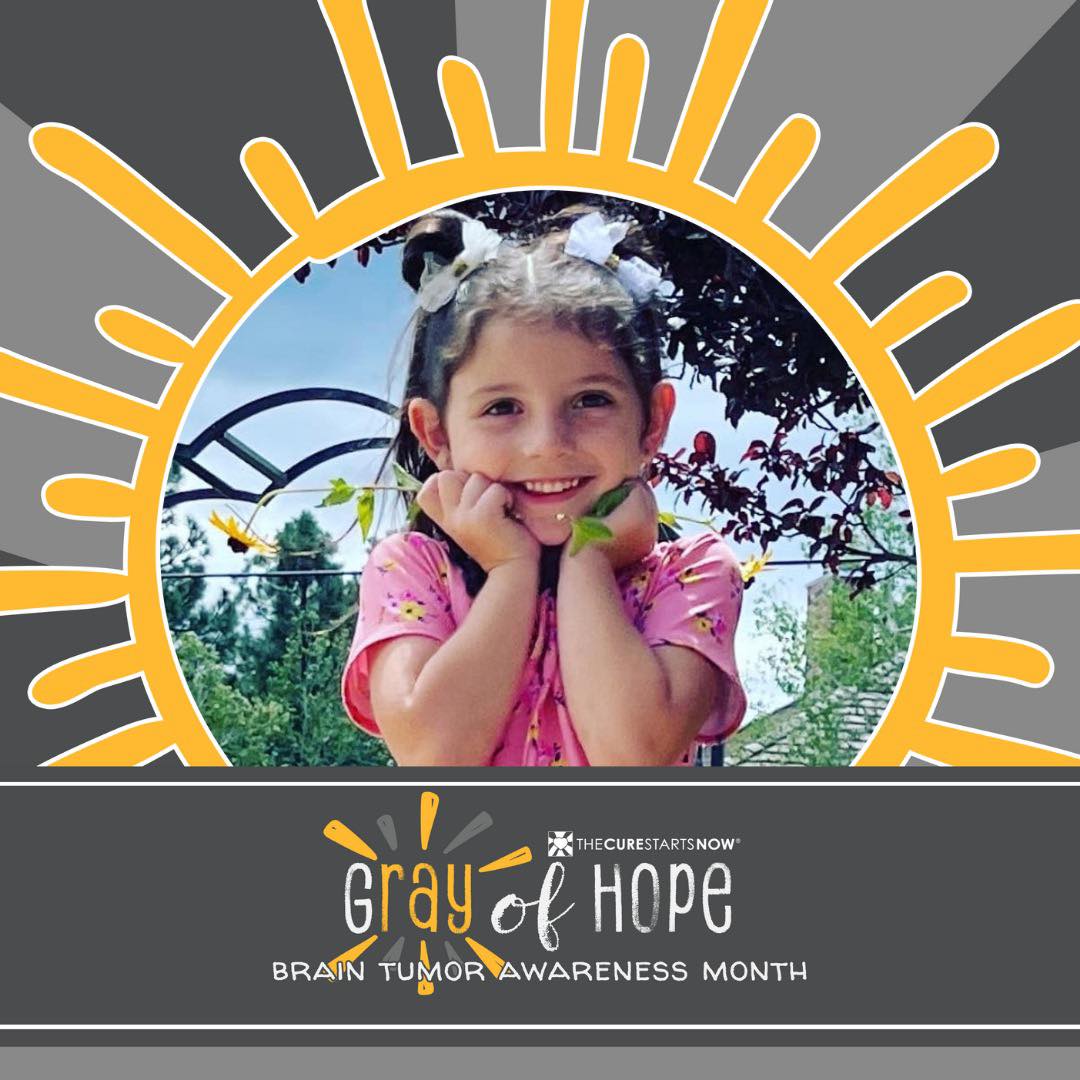
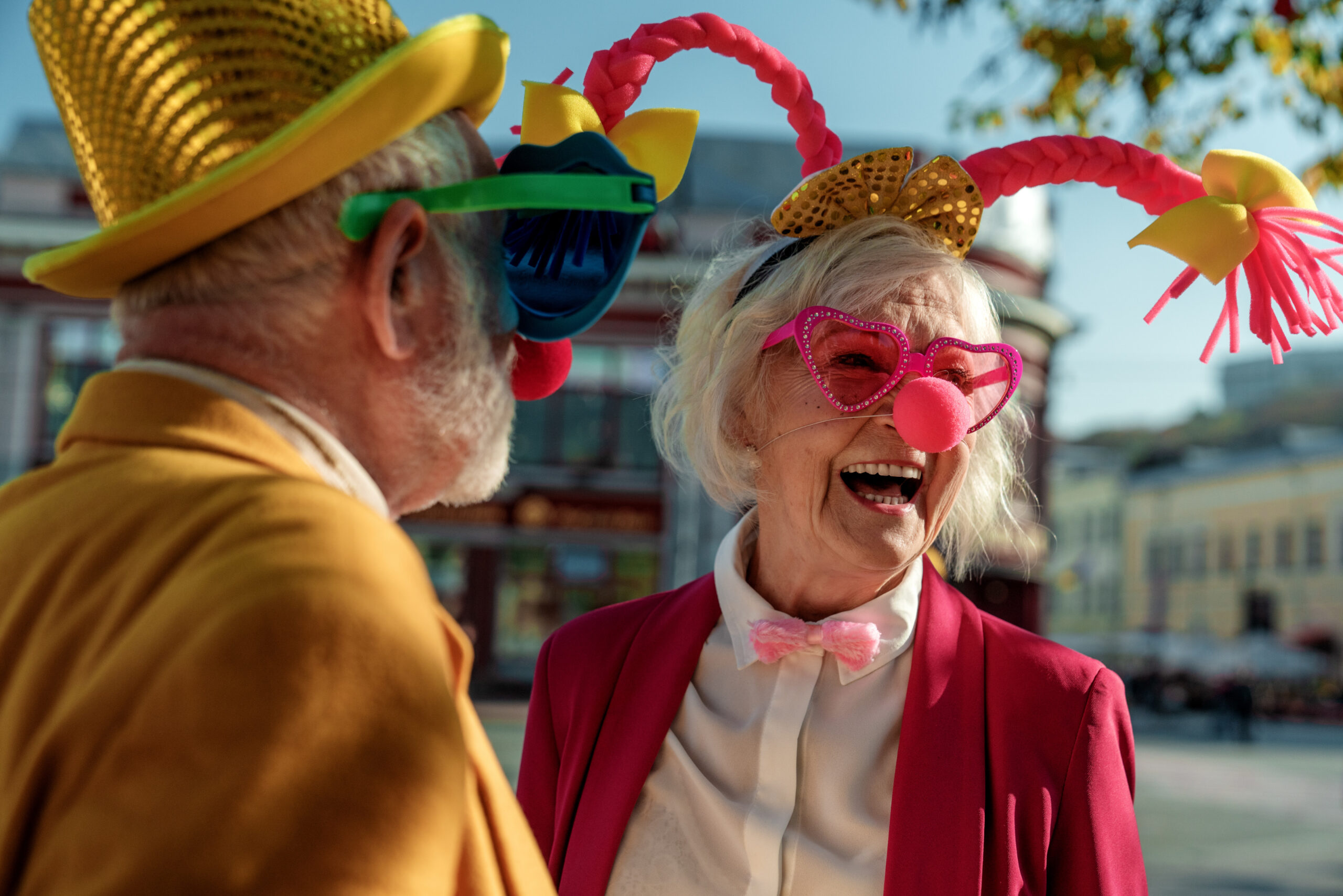
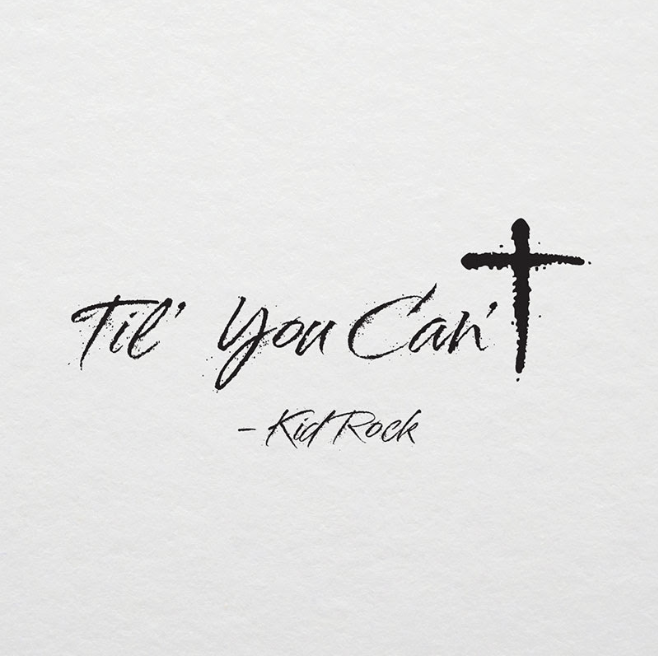
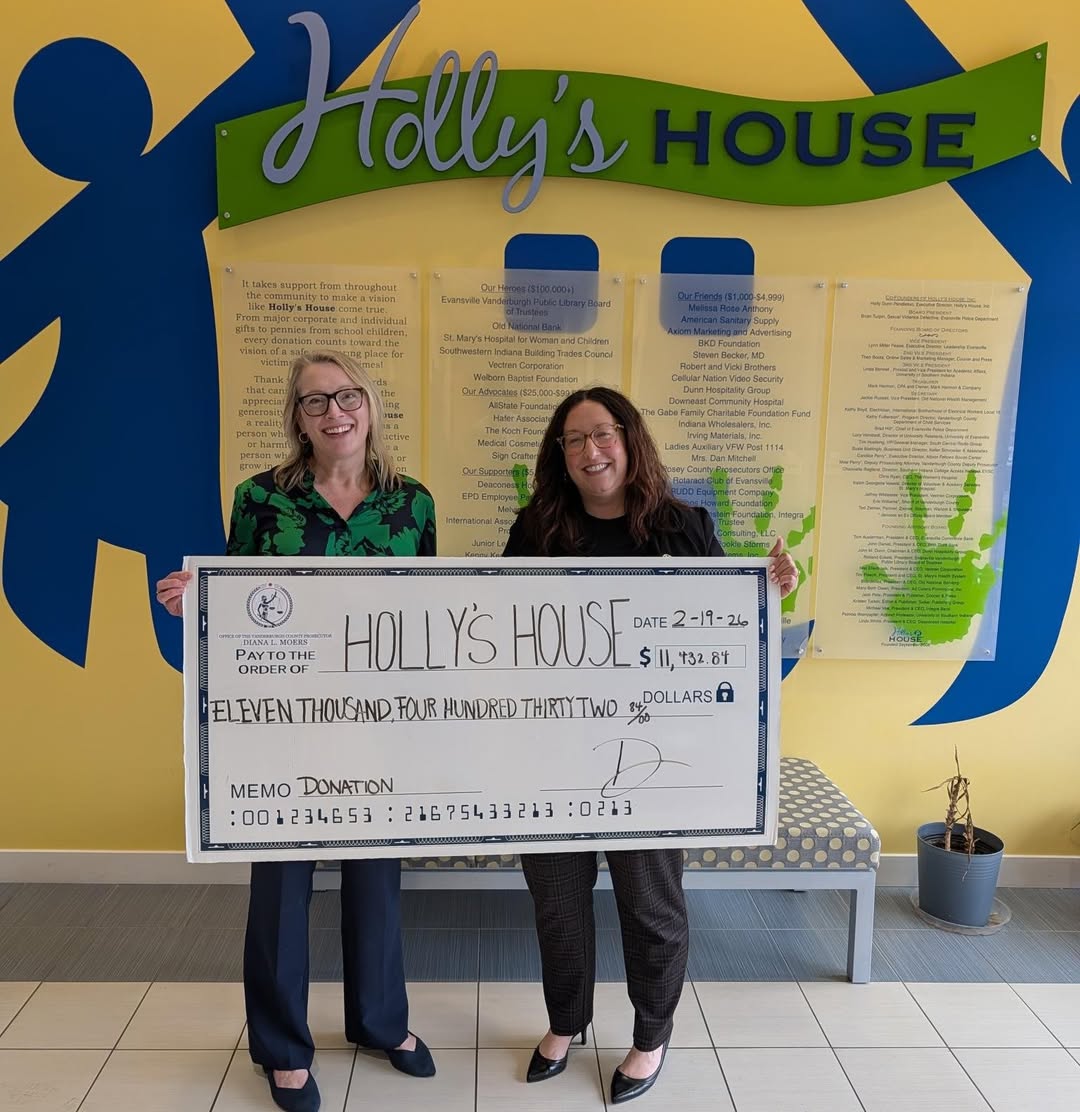
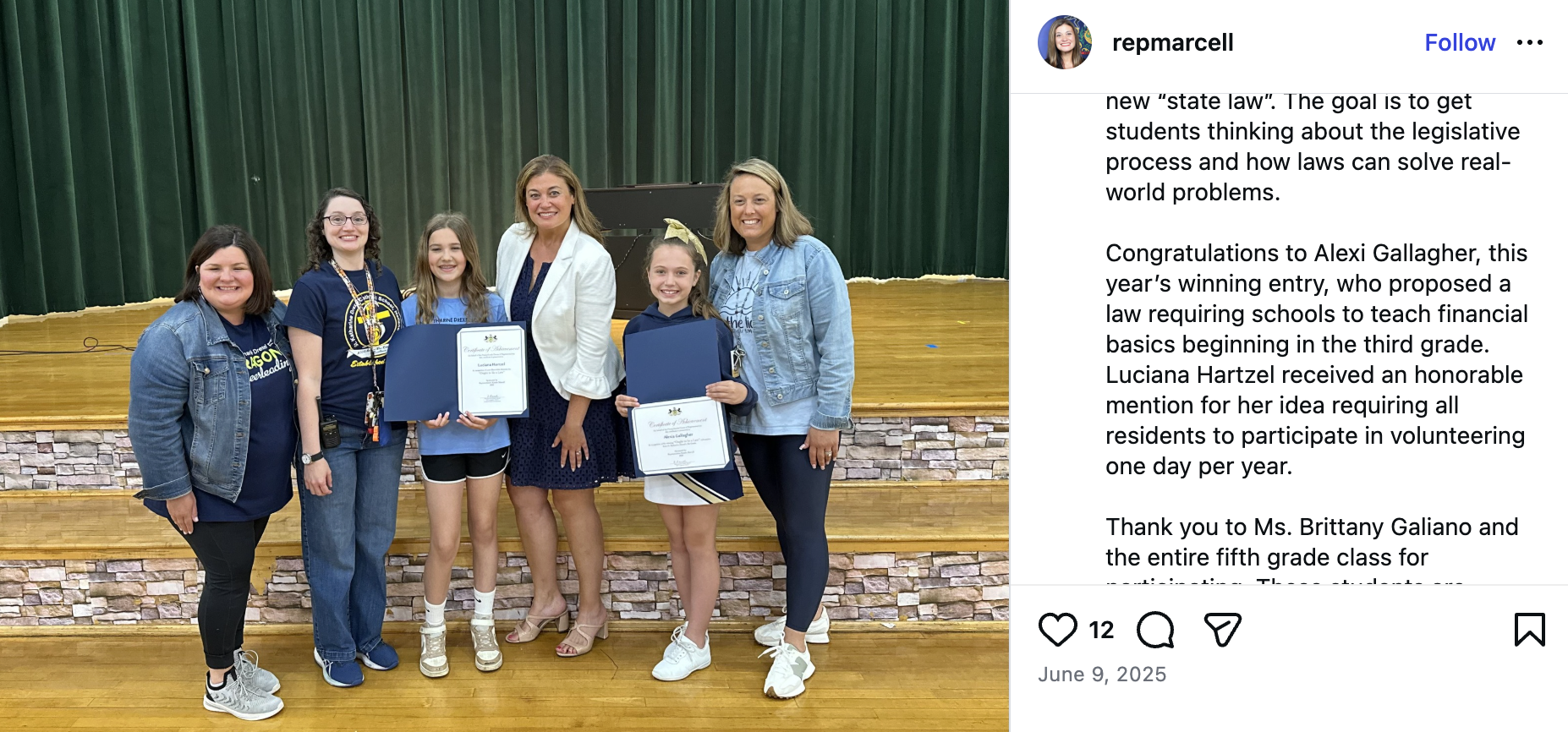
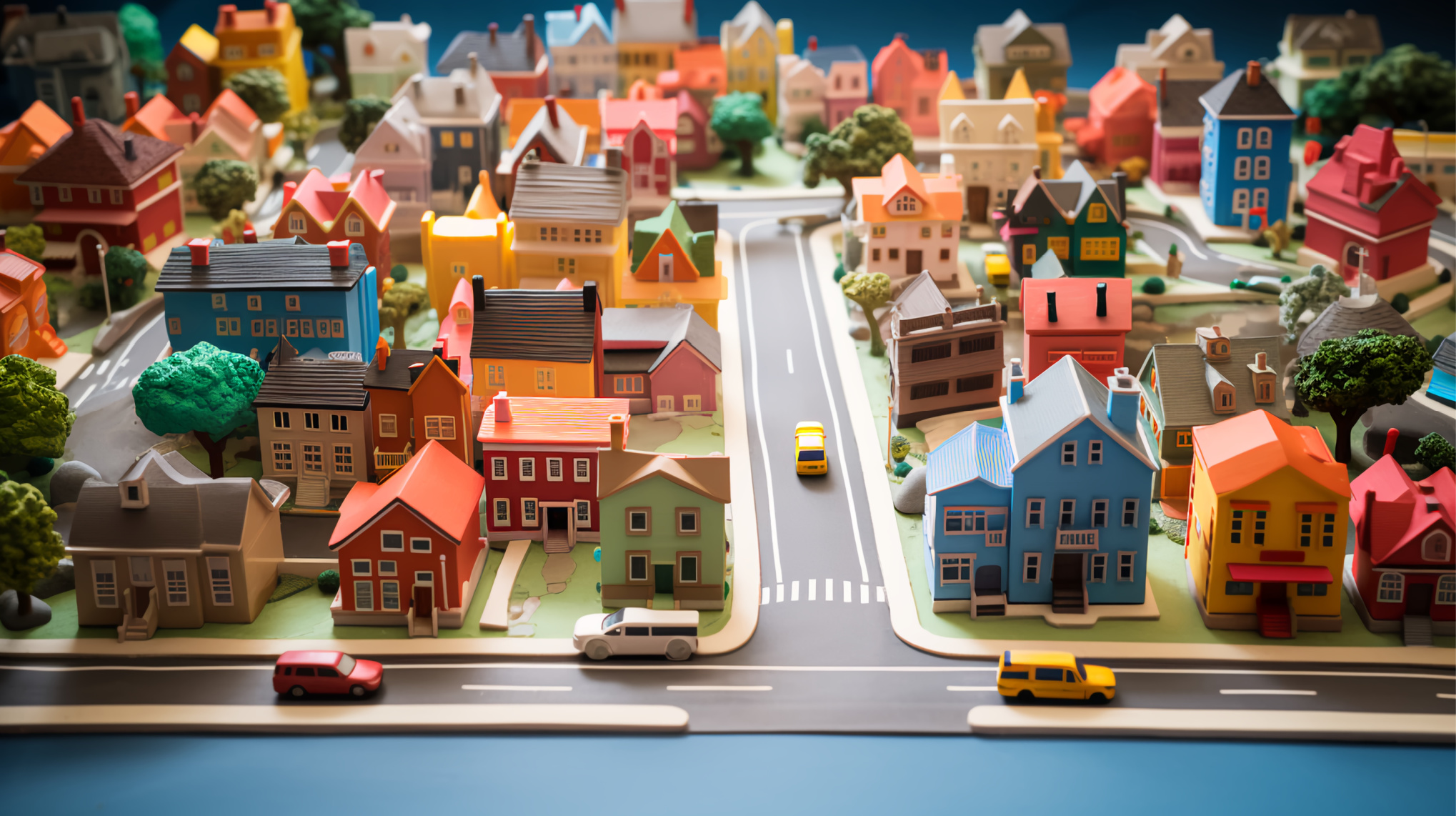
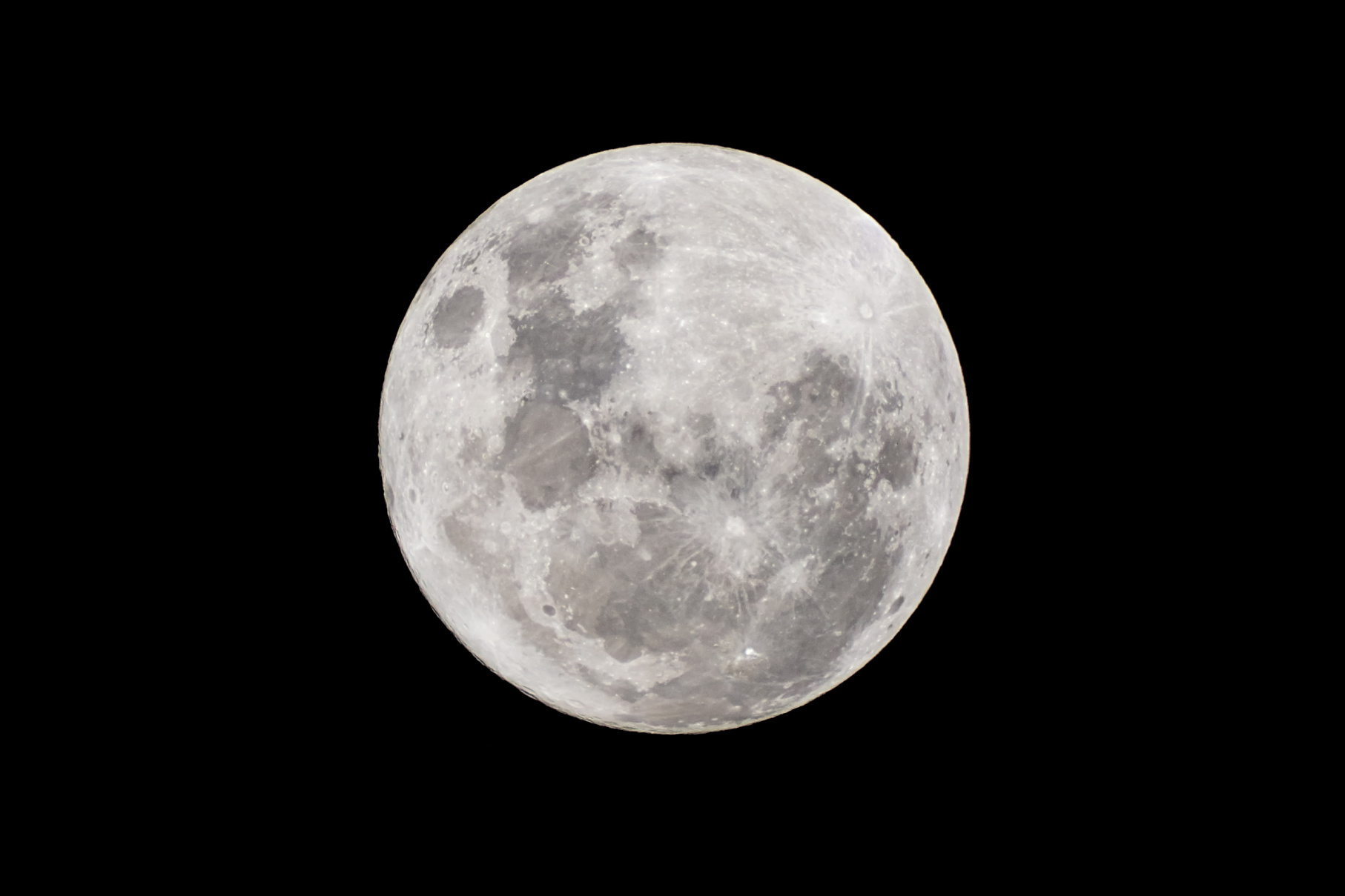

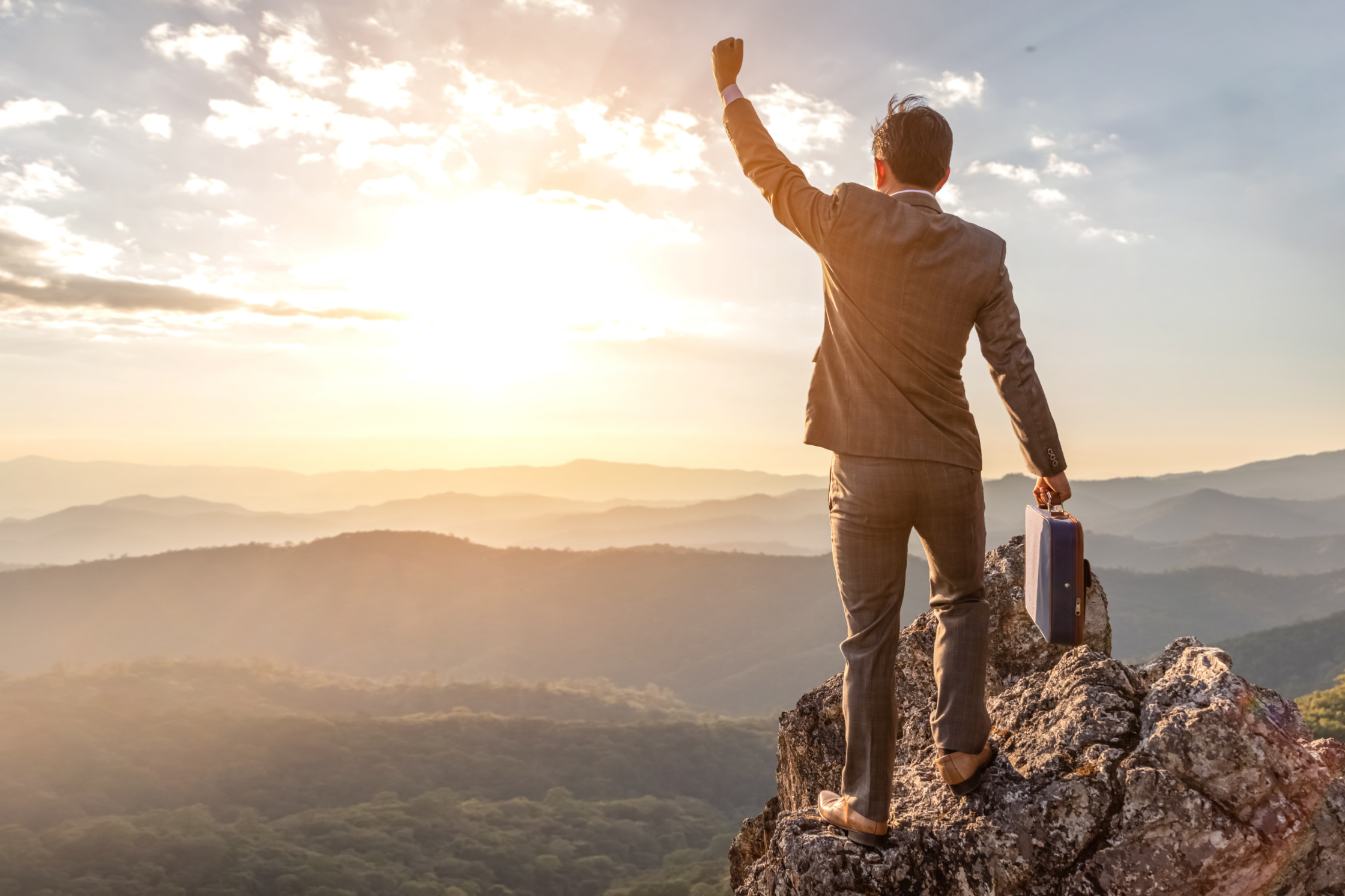
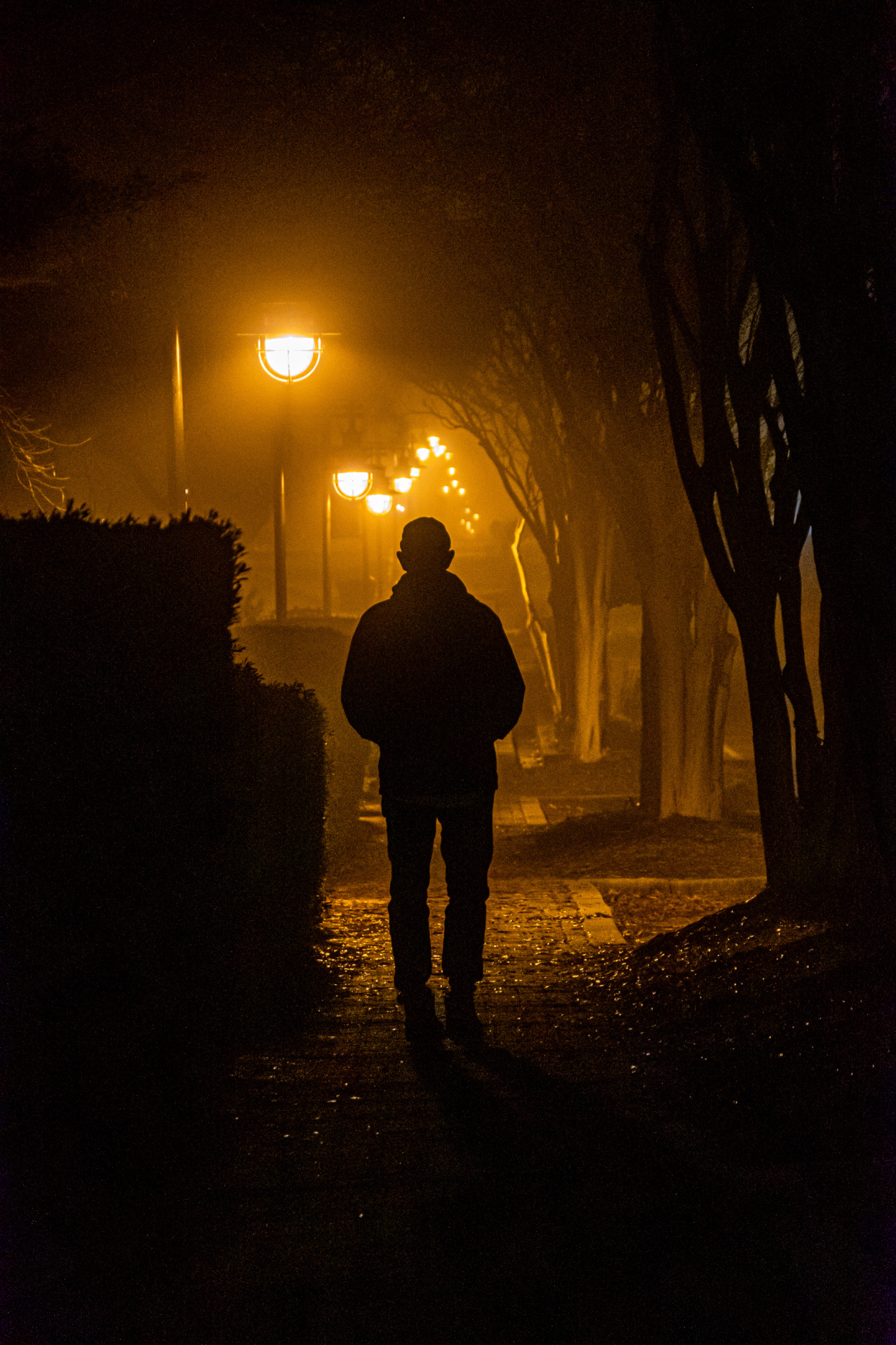
BE THE FIRST TO KNOW

More Content By
Jessica Curtis